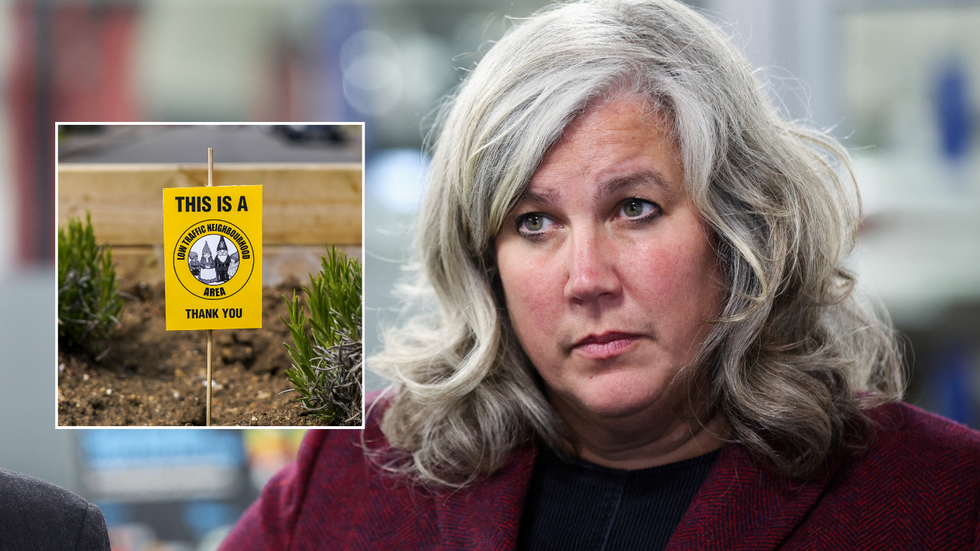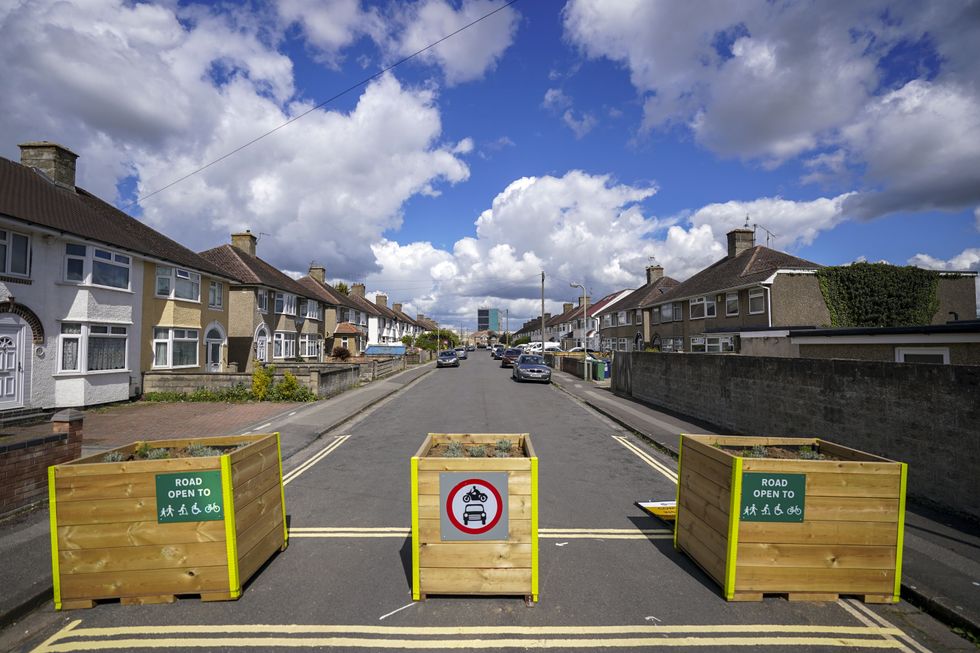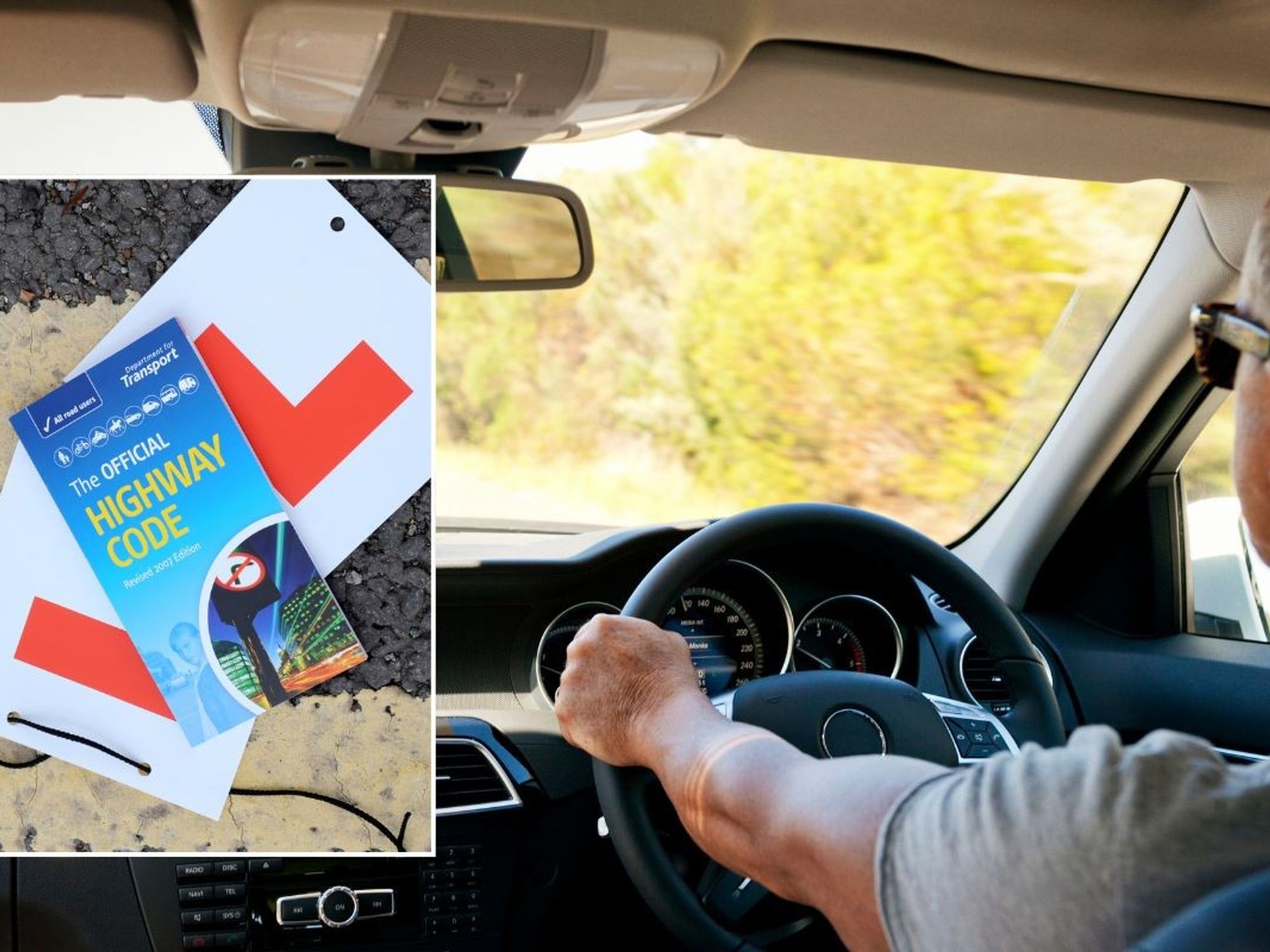The Transport Secretary made the declaration during a speech at the National Railway Museum
Don't Miss
Most Read
Trending on GB News
Transport Secretary Heidi Alexander has declared there is "no such thing as a war on motorists", marking a stark contrast with the previous Conservative government's rhetoric.
The Cabinet Minister made the comments during a speech at the National Railway Museum in York this evening in a bid to clear up confusion about the Government's position towards road users.
Her statement directly challenged the position taken by Rishi Sunak's administration, which had accused Labour of engaging in a "war on motorists" through its road policies.
The Conservatives had introduced a 30-point Plan for Drivers aimed at limiting 20mph zones, bus lanes and Low Traffic Neighbourhoods.
Do you have a story you'd like to share? Get in touch by emailingmotoring@gbnews.uk

The Transport Secretary criticised the previous Government for failing drivers
PA
Alexander said she would instead focus on "solving real problems, not wasting time on the invented ones". In her speech, Alexander quoted former Bogota mayor Enrique Penalosa, saying: "An advanced city is not one where the poor have to own a car, but one where the rich choose to use public transport. That's a vision I believe in.”
She dismissed suggestions that her approach was anti-car, detailing how “no serious person is proposing to ask people like my dad, a self-employed electrician, to swap their van for a bus, forcing them to lug all their kit around."
Alexander described her father as "a professional problem-solver" and said she hoped to "carry the torch for that family tradition".
She emphasised that a person's hometown "should provide the transport options to meet their aspirations". The Conservative government's plan for drivers, introduced in October 2023, contained 30 measures aimed at making driving "as straightforward, smooth, fair, environmentally responsible and safe as possible".
Then-Transport Secretary Mark Harper wrote in the foreword that "it is not right that some drivers feel under attack". The plan promised to "explore options to stop local councils using so-called '15-minute cities'" and to "restrain the most aggressively anti-driver traffic management measures".
It also pledged to make clear that "20mph speed limits in England must be used appropriately where people want them not as unwarranted blanket measures".
The Conservatives committed to "stop councils profiting from moving traffic enforcement". The plan detailed specific actions to "stop unfair enforcement", including updating 20mph zone guidance "to help prevent inappropriate blanket use".
It proposed consulting on measures to prevent local authorities from using "15-minute cities to police people's lives", including potentially removing their access to DVLA data.
The document promised new guidance on Low Traffic Neighbourhoods with "a focus on the importance of local support". It also pledged to "strengthen Government and sector-led guidance on enforcement of moving traffic offences" and to "call for evidence on options to restrict local authorities' ability to generate surpluses from traffic offences".
The Conservatives characterised these measures as protecting drivers' freedoms against what they viewed as excessive restrictions.
But Alexander's approach represents a significant shift from the previous government's stance on transport policy. While the Conservatives positioned themselves as defenders of motorists against perceived anti-car measures, Alexander said she hoped to reframe the debate entirely.
The shift in transport policy under Alexander suggests a move away from framing transport choices as a conflict between drivers and other road users and instead bringing them together under one uniform measure.
LATEST DEVELOPMENTS:

The Conservatives took aim at Low Traffic Neighbourhoods introduced by Labour boroughs
PAThis could mean less focus on reversing measures like Low Traffic Neighbourhoods and 20mph zones that the previous Government opposed. Instead, the new administration appears to prioritise improving public transport to make it an attractive option for all citizens.









